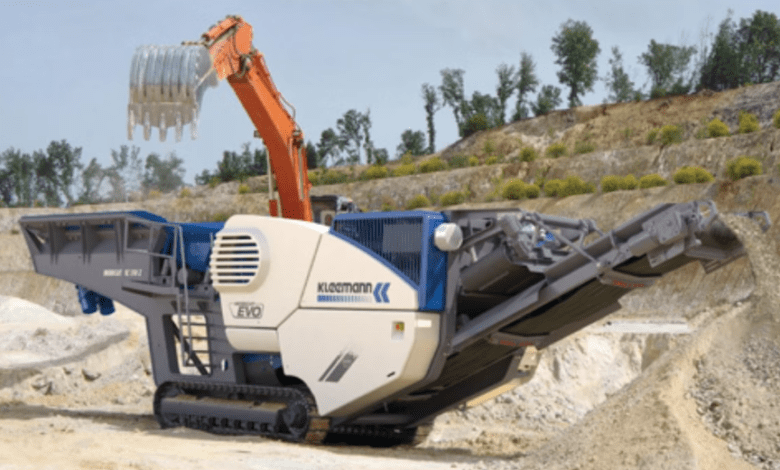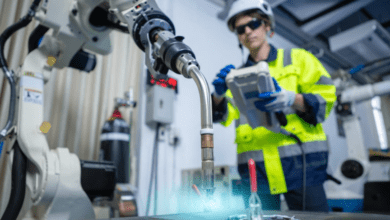Jaw Crushers Explained: How They Work And Why They Matter?

The jaw crusher is a key component in one of the most basic operations in the mining, quarrying, and construction industries: crushing rock. Known for its simplicity, reliability, and efficiency, this powerful machine is responsible for turning large, unwieldy rocks into smaller, usable materials that serve as the building blocks of infrastructure across the globe. Whether used in large mining operations or small construction projects, the jaw crusher remains one of the most indispensable tools in material processing. Many contractors choose jaw crusher rental solutions to handle short-term crushing projects efficiently, giving them access to powerful machines that deliver professional-grade results without long-term investment.
How A Jaw Crusher Works?
At first glance, a jaw crusher’s design might appear straightforward, but every part serves a precise purpose. The machine consists of two main plates, or “jaws” — one fixed and one that moves in a reciprocating motion. The material goes into the top of the crushing cylinder and gets caught between these two jaws. As the movable jaw presses against the fixed one, the material is compressed and gradually broken down into smaller pieces.
This process, known as compression crushing, continues until the fragments are small enough to exit through the bottom opening. The simplicity of this mechanism makes the jaw crusher both practical and durable, capable of working with a variety of materials, including hard granite and soft limestone.
Jaw crushers are commonly employed as primary crushers, which means they break down large raw materials initially before sending them to secondary or tertiary crushers for further processing. Their strength lies in their ability to process heavy loads with consistent results.
Why Jaw Crushers Are So Important?
Jaw crushers are vital because they perform the essential first step in almost every material processing operation. Without them, mining and construction projects would struggle to produce the uniform, appropriately sized aggregates needed for concrete, asphalt, and road base materials.
Their versatility also makes them invaluable. From mining ore to recycling demolished concrete, jaw crushers can handle various materials and adapt to diverse applications. In fact, many recycling operations now use mobile or portable jaw crushers to crush and reuse materials on-site, significantly reducing waste and transportation costs.
For projects requiring temporary use, companies often turn to jaw crusher rental options, allowing them to benefit from advanced crushing power without the financial commitment of purchasing new equipment. This flexibility makes jaw crushers accessible to smaller operations and contractors managing short-term or seasonal work.
See also: Importance of Sunlight Readable LCD in Outdoor Technology
Built For Efficiency And Durability
Another reason jaw crushers matter is their unmatched combination of strength and simplicity. Because of its design, there are fewer moving parts, which lowers the chance of mechanical failure and maintenance expenses. Components like manganese steel jaw plates and heavy-duty bearings ensure long service life, even under demanding conditions.
Modern jaw crushers incorporate new technologies such as hydraulic systems for easy adjustment and overload protection, automated monitoring for optimal performance, and energy-efficient engines that reduce fuel consumption. Because of these advancements, jaw crushers are now safer, more accurate, and more ecologically friendly than before.
Applications Across Industries
Jaw crushers are used in more than just mining and construction. They’re also found in recycling, metallurgy, and chemical industries. For instance, in aggregate production, they’re the first step in creating gravel and sand. In recycling, they turn old building materials into reusable resources. In mining, they’re used to break down ore for further processing.
Their versatility means that jaw crushers contribute to almost every major infrastructure project — highways, bridges, buildings, and tunnels — making them one of the most important pieces of equipment in modern industry.
Final Thoughts
The jaw crusher may not be glamorous, but its impact is enormous. By combining mechanical simplicity with immense crushing power, it enables industries to efficiently process raw materials and build the structures that define progress. From quarries to recycling plants, jaw crushers remain a cornerstone of material processing — proof that sometimes the most essential innovations are also the simplest.



